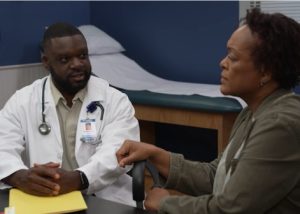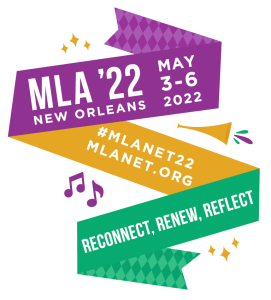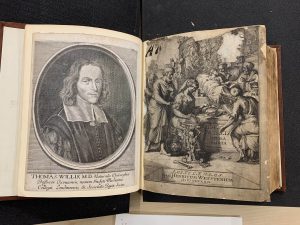In March 2022, the All of Us Research Program announced the release of its initial genomic dataset: nearly 100,000 whole genome sequences and 165,000 genotyping arrays, with nearly 50% coming from people who self-identify with a racial or ethnic minority group.
In an announcement about the release of the genomic data, Kelsey Mayo, Ph.D., scientific portfolio and product manager at the Vanderbilt University Medical Center Data and Research Center, states:
“What’s going to grab researchers’ attention is the diversity of the cohort. Half of our cohort is non-European. More than 90% of participants in genome-wide association studies have been of European descent. There’s just a real absence of genetic data from African, Asian, and Latino people. All of Us participants are providing this important data that’s been missing in health research. So we are going to have that new genetic information that’s been missing.”
Plans for forthcoming releases include data from participants who self-identify as American Indian or Alaska Native, with resources to provide important context for researchers.

 The popular online streaming media resource
The popular online streaming media resource  Lightning Talk
Lightning Talk HSLS offers classes in a wide array of subjects—instructional and visual design, molecular biology, literature searching, and more! You can quickly view all
HSLS offers classes in a wide array of subjects—instructional and visual design, molecular biology, literature searching, and more! You can quickly view all  Thomas Willis (1621-1675) was a successful English physician, professor of natural sciences at Oxford, and a founding member of the Royal Society. He was an example of a physician who, instead of embracing classical authority, chose to study things based on direct observations. He was also the first to argue that research into the anatomy of the brain was the necessary foundation to speculations about the mind. Falk Library owns his work “Opera Omnia,” published in 1682 in Amsterdam by Henricus Wetstein.
Thomas Willis (1621-1675) was a successful English physician, professor of natural sciences at Oxford, and a founding member of the Royal Society. He was an example of a physician who, instead of embracing classical authority, chose to study things based on direct observations. He was also the first to argue that research into the anatomy of the brain was the necessary foundation to speculations about the mind. Falk Library owns his work “Opera Omnia,” published in 1682 in Amsterdam by Henricus Wetstein.